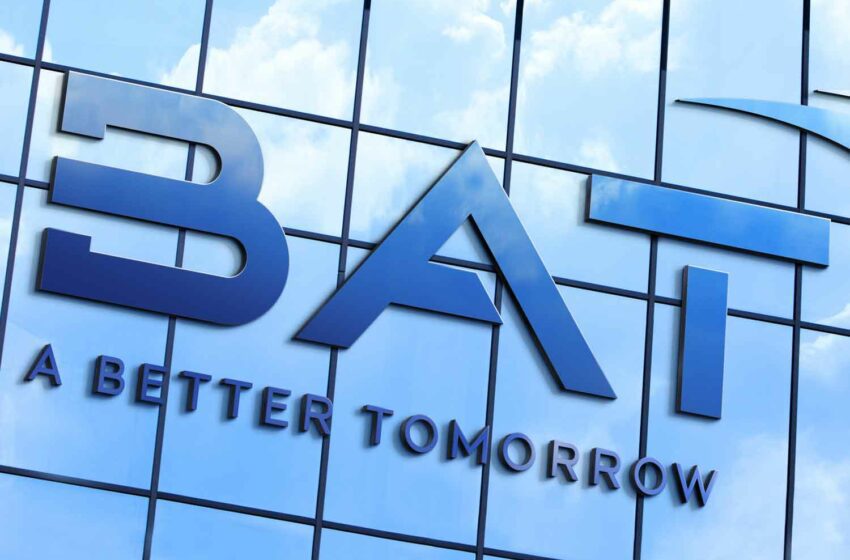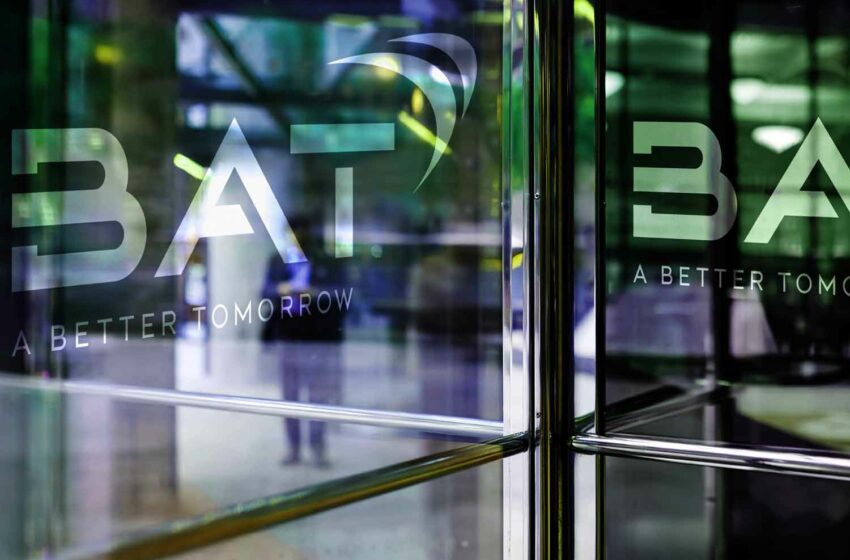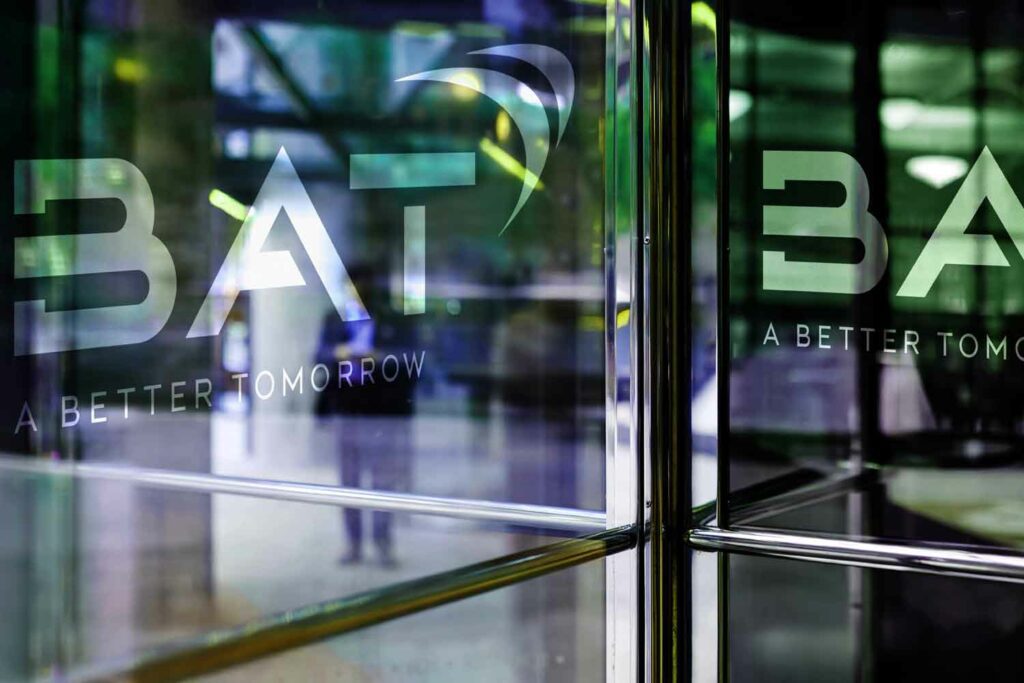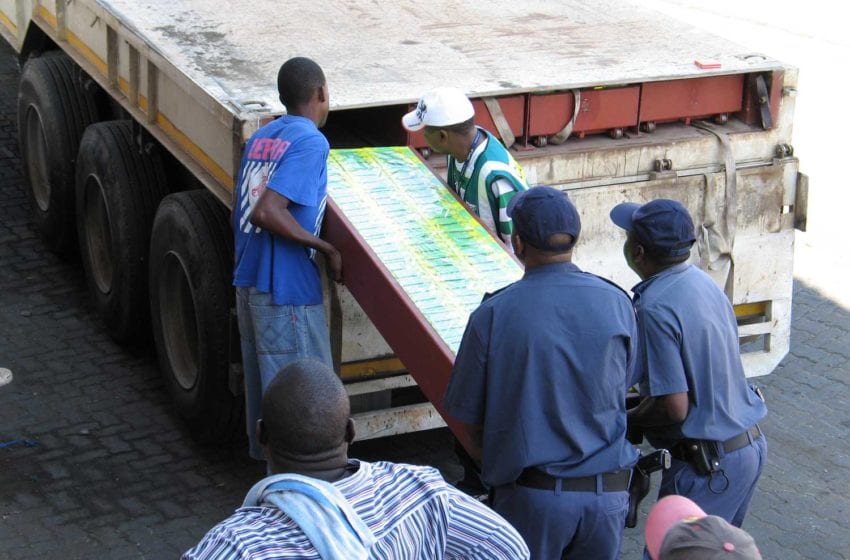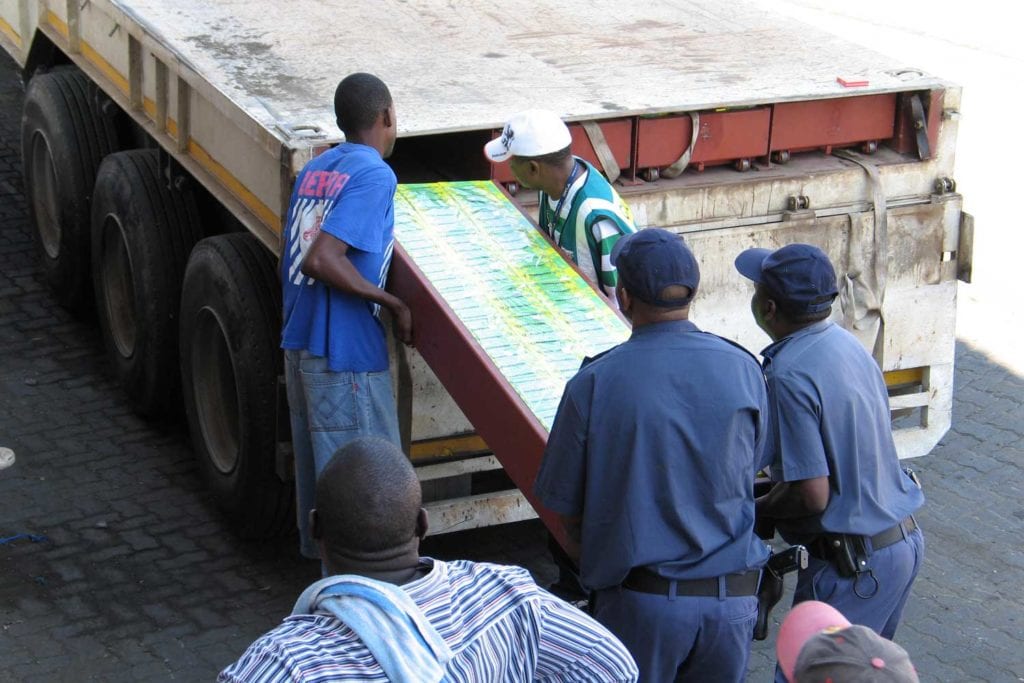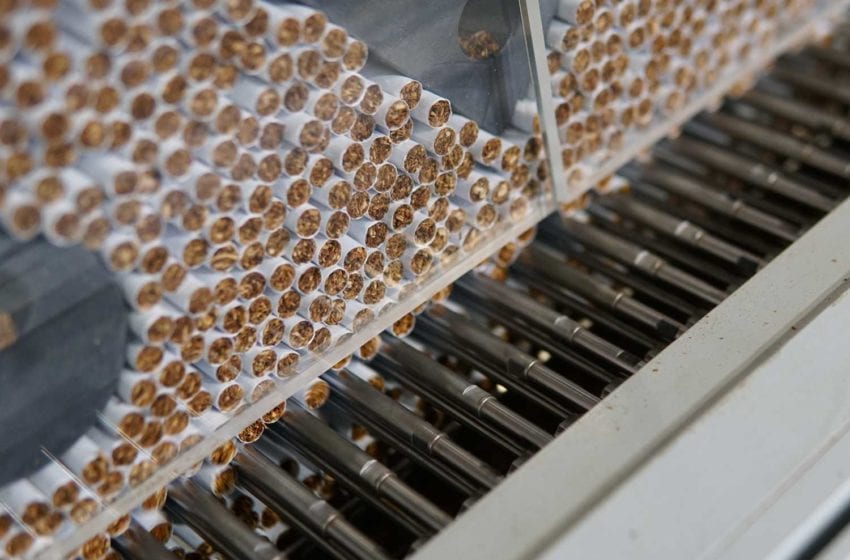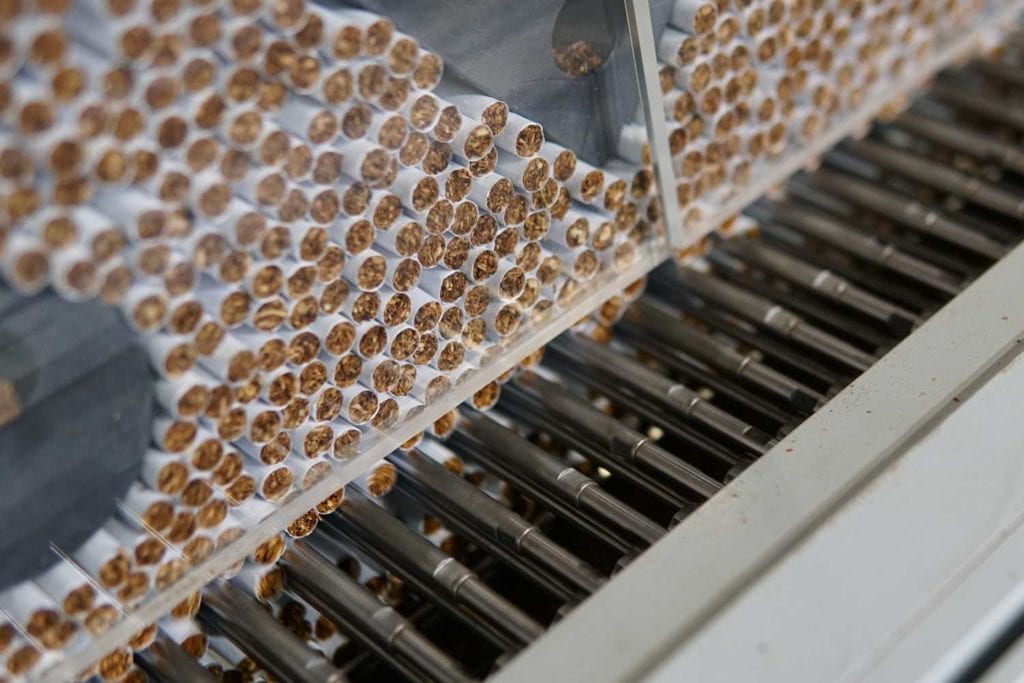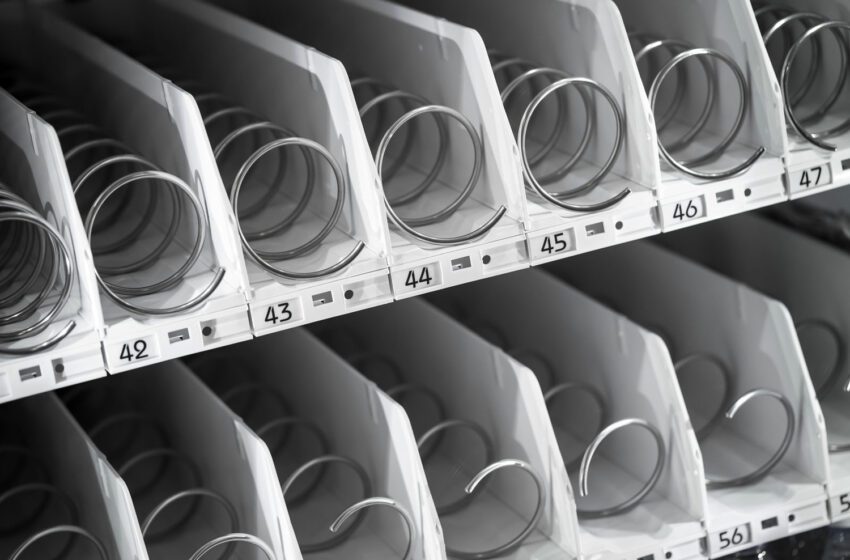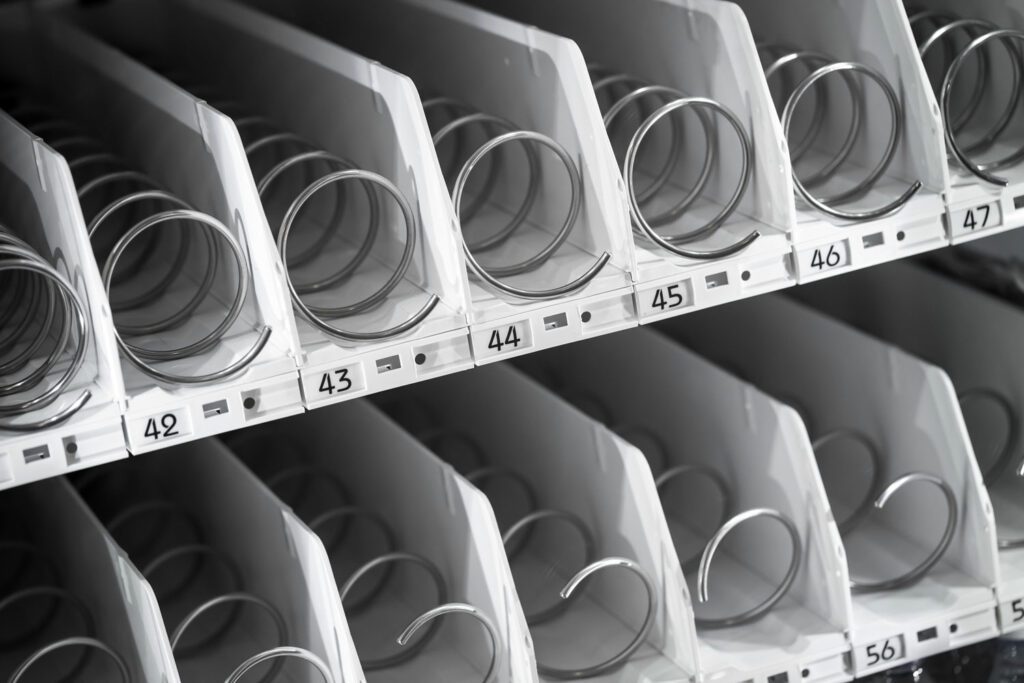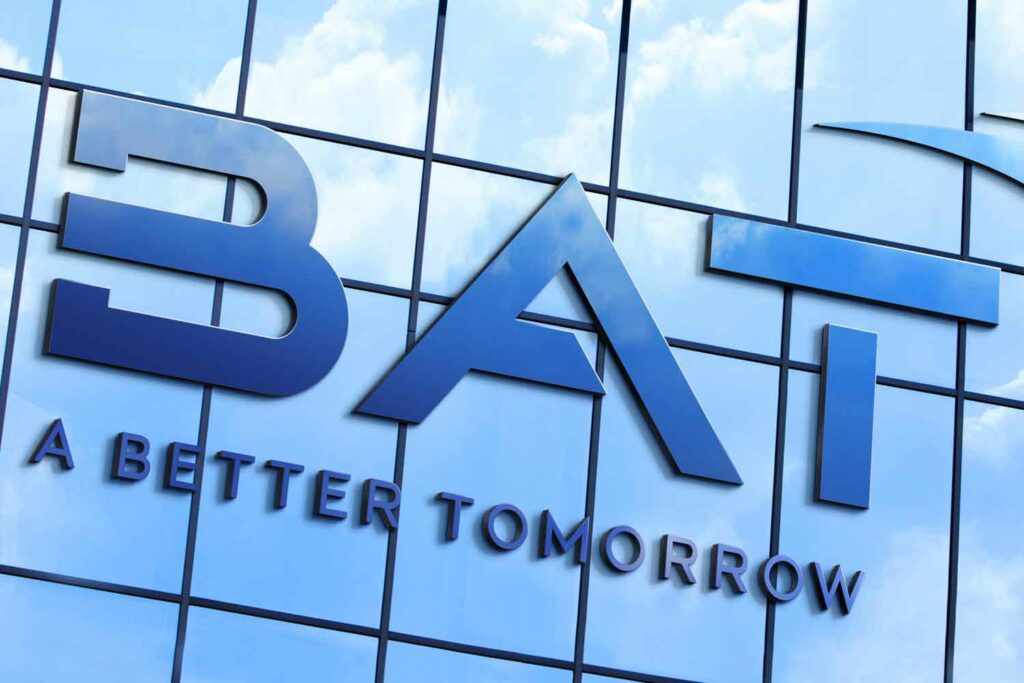
BAT unveiled Omni during the company’s first-ever Transformation Forum in London.
According to BAT, Omni is an evidence-based, accessible and dynamic resource that shows how science and innovation can combine to achieve a smokeless world.
“Tobacco harm reduction—encouraging smokers who would otherwise continue to smoke to switch completely to less risky alternatives—is the fastest route to achieving a smokeless world,” said Kingsley Wheaton, BAT’s chief corporate officer, in a statement. “And we’re committed to working with others to make this a reality.
“While we have history of humans smoking tobacco for more than 8,000 years, innovation has now delivered smokeless products with reduced risks compared to cigarettes. We stand on the threshold of a breakthrough science-backed change.”
Omni brings together hundreds of independent scientific studies, BAT’s own research into its innovations and examples of tobacco harm reduction in action, such as Sweden, which according to BAT stands on the cusp of becoming the first country to go smokeless as defined by the World Health Organization.
Omni also looks to answer some of the most challenging questions facing the industry and society, including: What is the risk of using smokeless products compared to smoking?; Are smokeless products a gateway to cigarette smoking?; What is the role of flavors in smokeless products and tobacco harm reduction?; What is nicotine?; and What is BAT doing to address underage access to tobacco and nicotine products?
“With Omni, BAT is showcasing its world-class research,” said James Murphy, BAT’s director of research and science. “Omni means all, and we are committed to opening it up to all stakeholders in the THR policy discussion so that we can seize this exciting opportunity to build a smokeless world.

